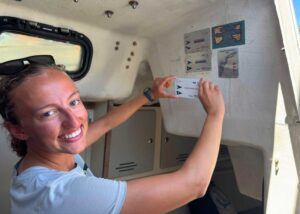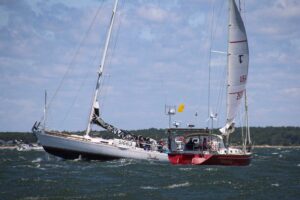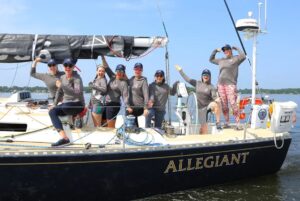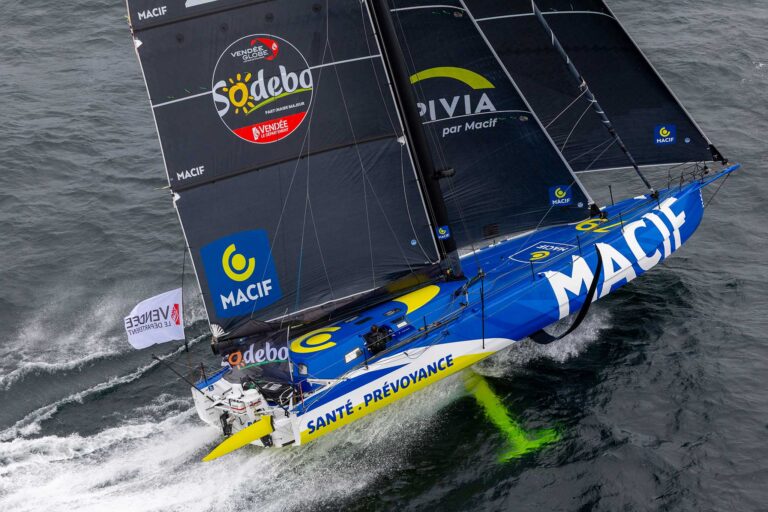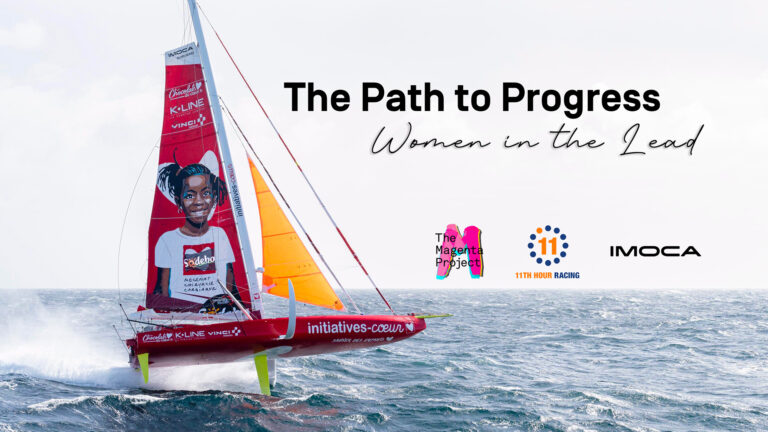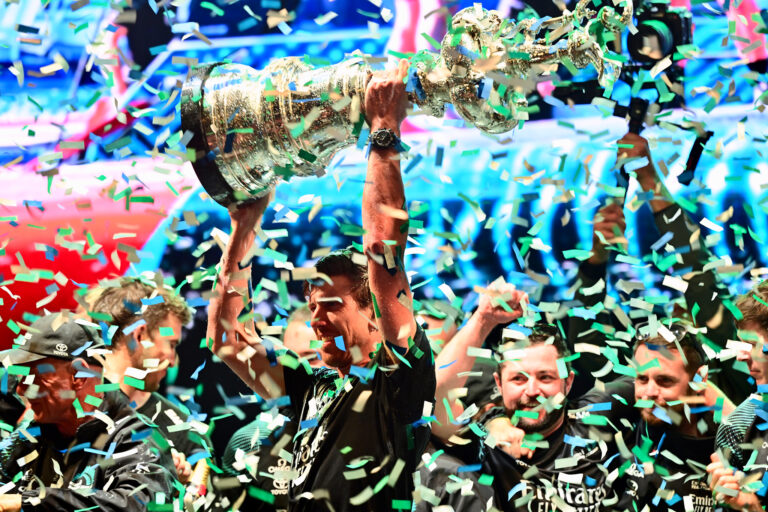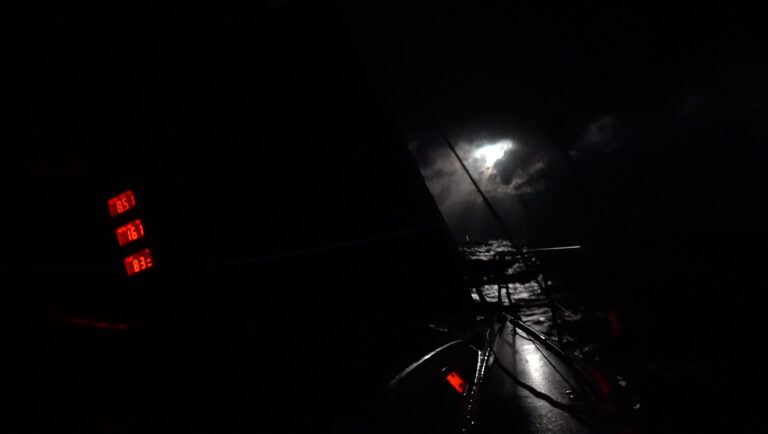
Although the 2016 Olympics may be done and dusted, there’s still a lot of racing to be done on Rio’s Guanabara Bay, thanks to the Paralympic Games, scheduled for September 7-18.
The United States is sending six sailors to this year’s games who will be competing in three classes: the SKUD-18, the 2.4mR and the Sonar. As with the Olympic squad, this year’s Paralympic team was selected on the basis of how the sailors performed in a pair of international qualifying regattas, including the World Cup Miami regatta this past winter.
According to Josh Adams, director of U.S. Olympic Sailing, the thinking behind this process was the same as with the Olympic team: to both see how the sailors perform and give them as much experience as possible at the increasingly competitive international level.
Of course, the U.S. Paralympic squad, which is under the direction of head coach Betsy Alison, will also be contending with the same fluky, tidal conditions on Guanabara Bay that make this one of the trickiest Olympic sailing venues in history. With a few lucky breaks, though, this is a group of sailors that could very well continue the success of 2012, when JP Creignou and Jen French won silver in the SKUD 18 class at the London Olympics.
Representing the United States in the Sonar three-person keelboat class will be Rick Doerr of Clifton, New Jersey, Brad Kendell of Tampa, Florida, and Hugh Freund of South Freeport, Maine. A truly veteran team—Doerr has been with US Sailing Team Sperry for 16 years, and the trio has been sailing as a team for seven years—they are on a roll, having won the Paralympic worlds this past spring, and are looking strong heading into Rio.
Representing the United States in the doublehanded SKUD-18 skiff class will be first-time Paralympian Ryan Porteous of San Diego, California, and Maureen McKinnon, of Marblehead, Massachusetts, who won Gold in the same class at the 2008 Beijing Olympics, sailing with the late Nick Scandone. The two only secured their spots on the roster following a closely-fought battle with teammates Sarah Everhart-Skeels and Cindy Walker that came down to the final race at the 2016 Para World Sailing Championships, and hope to carry that momentum to Rio.
Finally, competing in the 2.4mR keelboat solo class will be Dee Smith of Annapolis, Maryland. Although this will be Smith’s first Paralympics, Smith is no stranger to the international sailing scene, having competed in the America’s Cup and the Volvo Ocean Race before contracting stage-four lung cancer, a condition that ultimately impacted his spine as well. For more on the Paralympic team, visit ussailing.org.

Racing to Rio: The Movie
The 2016 Paralympic regatta will not only mark the end of the U.S. Paralympic sailing team’s current quadrennial campaign, but also the final chapter in the production of the film Racing to Rio. Spearheaded by the not-for-profit Barbaro-Gould Foundation, the film explores the many ways adaptive sailing provides enrichment for sailors in any number of different settings: ranging from the Paralympic Games in Rio to programs like Camp Awesome, which helps kids on the Asperger’s spectrum take control of their own lives through sailing.
According to the foundation’s Todd Gould, filming began in late 2015 with production wrapping up in November. After that, he and foundation CEO Jennifer Barbaro plan to enter the work at a number of film festivals. In the meantime, the foundation is still in need of financial support for the project. For details, visit racing2rio.com.
September 2016
